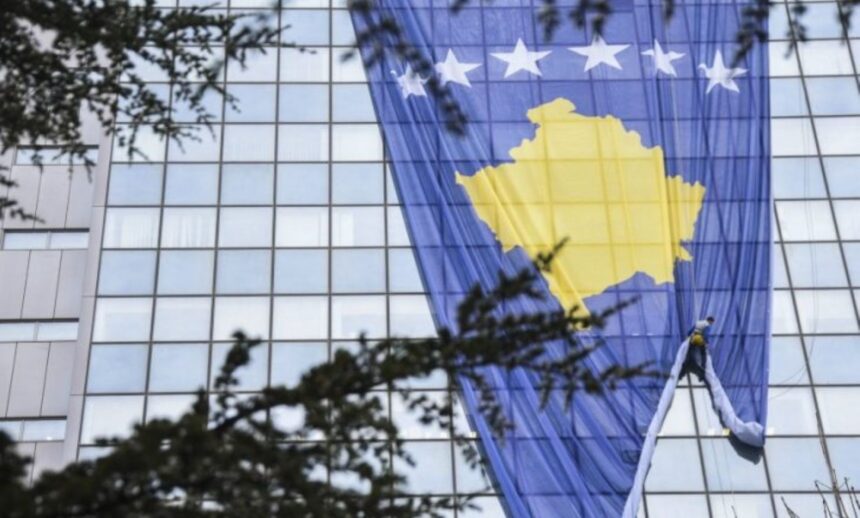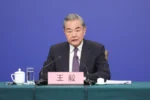Following the parliamentary elections on February 9, the ruling Vetëvendosje (LVV) party secured the most votes and has expressed its determination to form the new government. However, with only 48 seats in the 120-member Assembly, LVV faces challenges in securing the necessary 61 votes for a majority.
Prime Minister Albin Kurti has ruled out coalition agreements with the major opposition parties—the Democratic Party of Kosovo (PDK), the Democratic League of Kosovo (LDK), and the Alliance for the Future of Kosovo (AAK). These parties have also rejected any cooperation with LVV.
Given this political landscape, analysts believe Kurti may seek support from non-Serb minority parties, which hold 10 seats, and possibly attract individual opposition MPs through ministerial offers. However, forming a government with such a narrow majority could result in political instability.
Alternative Coalition Scenarios
If LVV fails to form a government within two weeks of the Assembly’s first session, President Vjosa Osmani will be required to offer the mandate to another party or coalition that can secure a majority.
One potential alternative is a coalition between PDK, LDK, and AAK. However, analysts, including political expert Dritëro Arifi, argue that such an alliance may not ensure long-term stability.
Arifi suggests that a coalition between LVV and PDK would be the most viable option for Kosovo, potentially resolving both governance challenges and the upcoming presidential election in 2026. He argues that ideological differences between Kosovo’s major parties are minimal, as political debates largely focus on public sector policies and wage increases rather than distinct ideological platforms.
International Concerns and Stability
International partners, including NATO Secretary General Mark Rutte, have emphasized the need for a stable government in Kosovo. The geopolitical situation and potential demands from international actors, including the implementation of the Association of Serb Municipalities and potential border negotiations, add further complexity to government formation talks.
With coalition negotiations expected to intensify following the certification of election results, Kosovo faces a critical period in determining its political direction.







